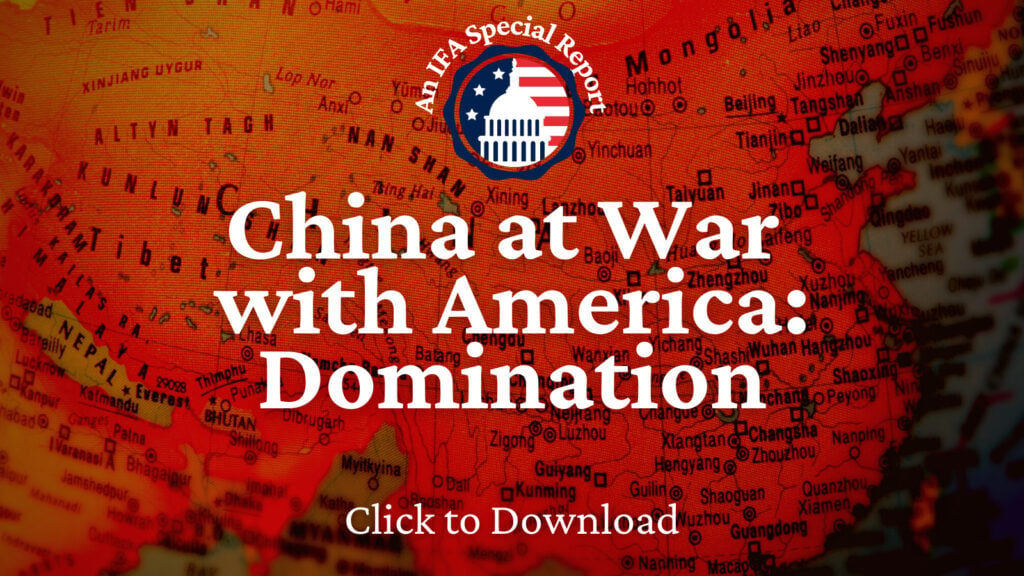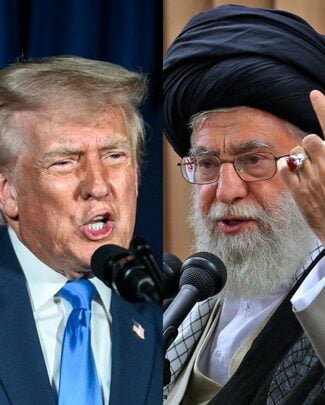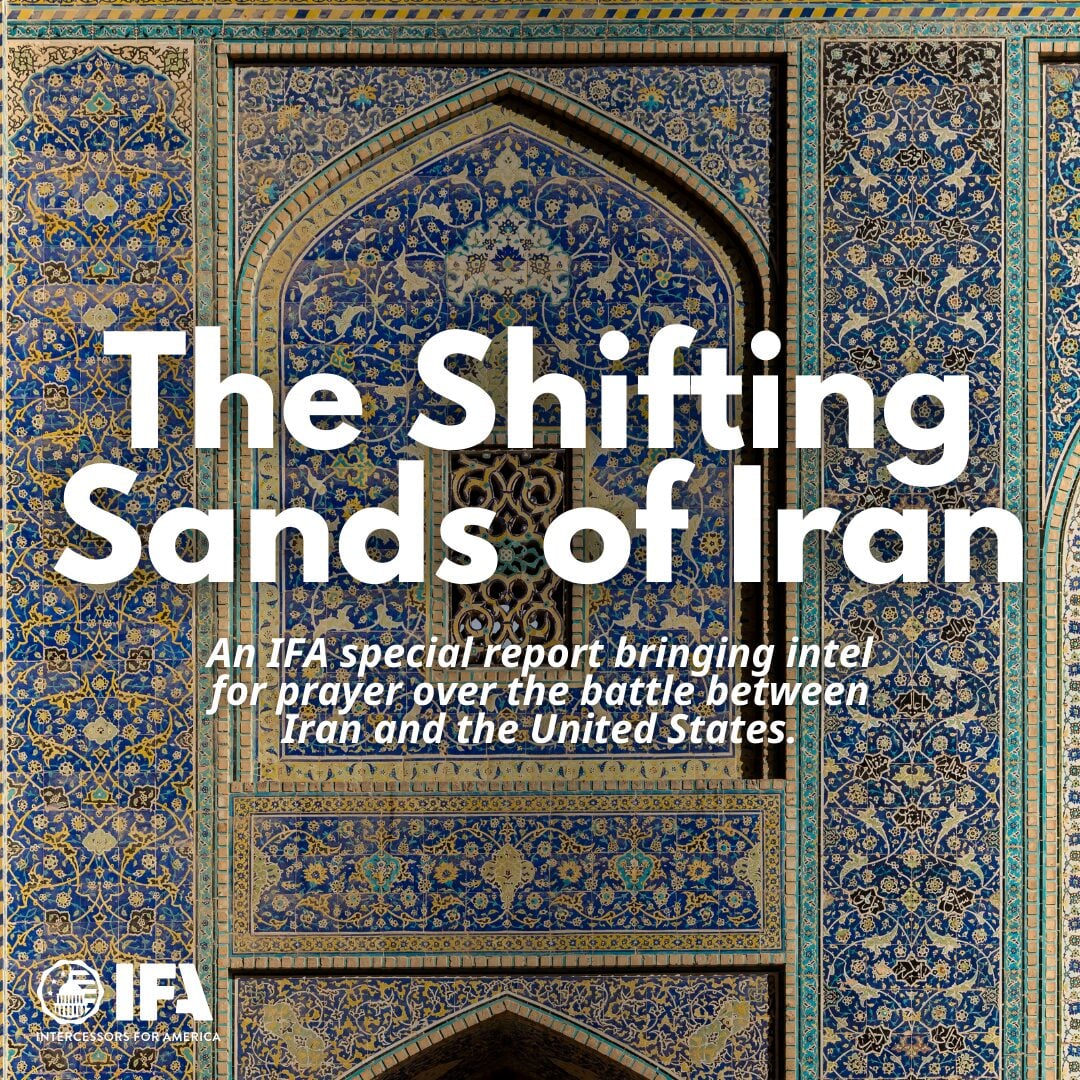Takeaways From Blinken’s Meeting With Xi Jinping
SCOTUS Sidesteps Trans Dorm Debate
House Votes to Censure Rep. Schiff
Durham Urges ‘Attention’ to ‘Risks’ in the FBI
Hunter Biden Pleads Guilty to Minor Charges
Takeaways From Blinken’s Meeting With Xi Jinping
Blinken’s meeting with Chinese leader Xi Jinping raises some serious questions about our relationship with China and the CCP.
From Breitbart. Secretary of State Antony Blinken reiterated the Biden administration’s position that it would not be in “our interest” to decouple from China during a Monday press conference in Beijing held after talks with … Xi Jinping.
This content is supported by your donations.
Give today.
Blinken’s two-day trip to China marks the first time a U.S. secretary of state has met with Xi since 2018. After his meeting with Xi, Blinken reiterated that the administration is “not about decoupling” from China; instead, they are about “de-risking and diversifying.”
President Joe Biden made similar remarks during the G7 summit last month, saying, “We’re not looking to decouple from China, we’re looking to de-risk and diversify our relationship with China.” …
Americans have lost nearly four million jobs since 2001 due to free trade with China, of which close to three million are in the manufacturing sector, as Breitbart News reported.
Breitbart News’s John Binder detailed:
Those massive job losses have coincided with a booming U.S.-China trade deficit.
In 1985, before China entered the World Trade Organization (WTO), the U.S. trade deficit with China totaled $6 billion. In 2022, the U.S. trade deficit with China totaled more than $383 billion.
While skyrocketing U.S. trade deficits have led to economic devastation, tariffs would be a boon for reshoring jobs and boosting wages. One such study finds that tariffs on nearly all foreign imports would create about ten million American jobs while boosting domestic output.
Despite these facts and U.S. lawmakers’ calls to decouple from China, Blinken claimed it is “profoundly in our interest” for American companies to continue doing business in China. …
The secretary of state claimed that “China’s broad economic success is also in our interest.” …
From New York Post. Secretary of State Antony Blinken raised eyebrows Monday, telling reporters the US “does not support Taiwan independence” after meeting in Beijing with officials including Chinese President Xi Jinping.
Blinken’s statement ruffled the feathers of many Republicans in Congress, who viewed the statement — and the secretary’s inability to re-establish military-to-military communications — as an inappropriate kowtow to America’s greatest adversary. …
The Taiwan issue is among the most contentious in the US-China relationship, with Xi making it his No. 1 priority to “reunite” Taiwan with China — though the island about 100 miles off the country’s southeastern coast has never actually been part of it. …
[The] US adheres to a so-called “One China policy,” which does not take a formal position on the status of Taiwan’s sovereignty.
What is the One China policy?
Washington’s “One China policy,” which has been critical for maintaining peace in East Asia since it took effect in the late 1970s, holds that the US acknowledges — but does not necessarily agree with — Beijing’s opinion that Taiwan is its sovereign territory.
Instead, the policy holds that the US considers Taiwan’s sovereignty status unsettled, and successive presidential administrations have held that the US favors no change to the “status quo” of relations between China and Taiwan. …
What is China’s position?
Unlike the US’ One China policy, Beijing adheres to its “One China principle.”
Though the names sound similar, there is one important difference: The One China principle holds that there is only one nation of China, and Taiwan is part of it.
While it may seem like an idiosyncrasy, the Chinese principle takes a firm position on the island’s status, unlike the US’ policy. …
Is Blinken’s position on Taiwan new?
The US has never formally supported Taiwan’s independence, so Blinken’s comments are not a surprise to those who closely follow Washington-Beijing relations. …
Will the US come to Taiwan’s defense?
Even though the United States — through its One China policy — believes in maintaining the status quo, the federal Taiwan Relations Act of 1979 holds that the US will come to Taipei’s aid should China use military intervention to force the island into submission.
“We remain opposed to any unilateral changes to the status quo by either side,” Blinken said. “We remain committed to continuing our responsibilities under the Taiwan Relations Act including making sure Taiwan has the ability to defend itself.” …
How are you praying about America’s relationship with the CCP? Share this article to keep people informed.
(Excerpts from Breitbart and New York Post. Photo Credit: Lintao Zhang/Getty Images)
Partner with Us
Intercessors for America is the trusted resource for millions of people across the United States committed to praying for our nation. If you have benefited from IFA's resources and community, please consider joining us as a monthly support partner. As a 501(c)3 organization, it's through your support that all this possible.


We use cookies to ensure that we give you the best experience on our website. If you continue to use this site we will assume that you are happy with it. Privacy Policy





Comments
Dear Lord, I pray that the US will keep its word from 1979 to defend Taiwan if invaded by China. We can’t talk out of 2 sides of our mouths. I pray that we will return to being a nation that can be trusted to keep our word. Please deal with those taking bribes and profiting from backroom deals that put the US at risk. Thank you, LORD, for exposing what’s truly happening but now we ask for your intervention. You know what’s best for all concerned. Amen